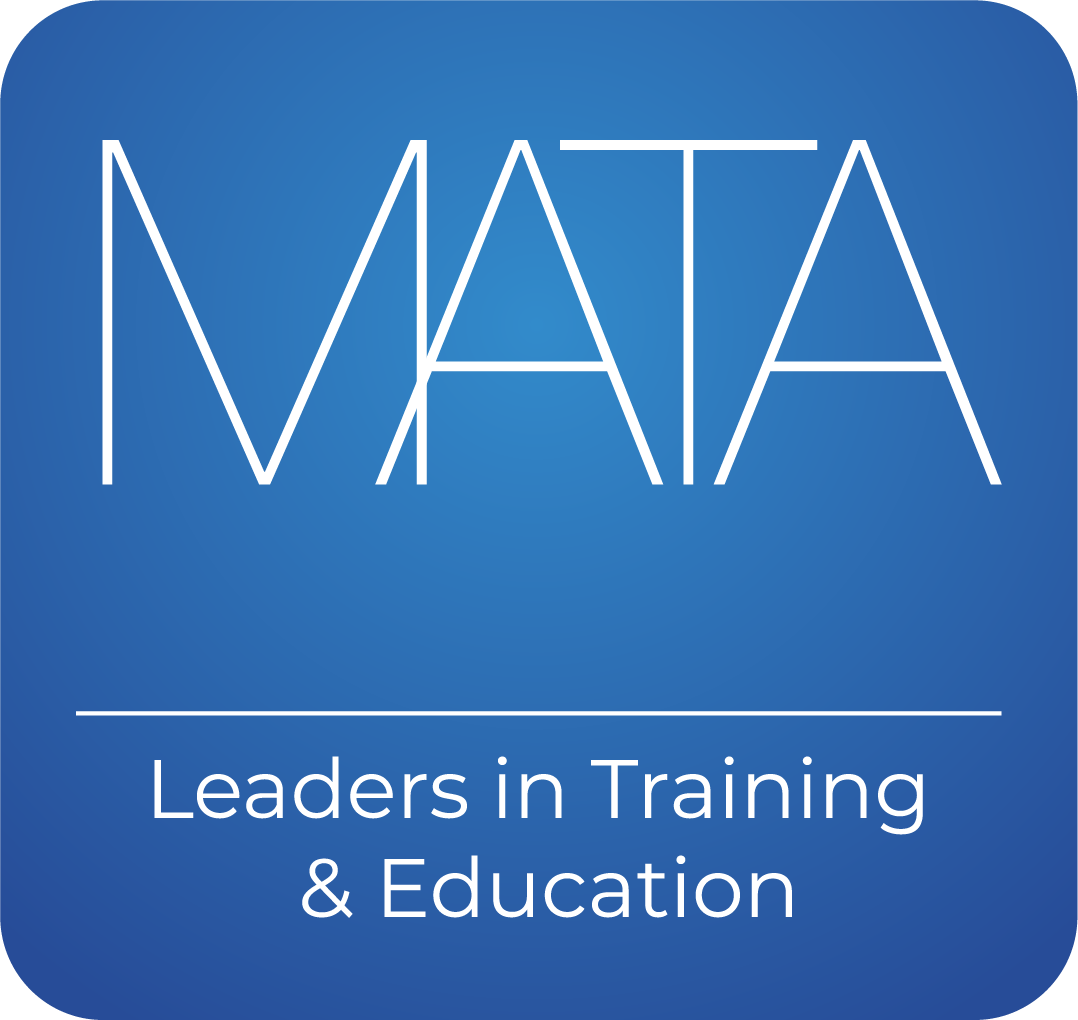In the rapidly evolving field of facial aesthetics, continuous professional development (CPD) is essential for practitioners to maintain and improve their knowledge and skills. The Medical and Aesthetic Training Academy (MATA) offers comprehensive courses, including the Level 7 Diploma in Facial Aesthetics, which serves as a strong foundation for CPD in the industry. In this article, we will explore the importance of lifelong learning in aesthetic medicine, MATA’s approach to CPD, key topics for ongoing learning, the role of networking and collaboration, embracing new technologies and techniques, and the support system offered by MATA.
The Role of MATA’s Level 7 Diploma
MATA’s Level 7 Diploma in Facial Aesthetics is a comprehensive qualification designed to equip practitioners with the knowledge, skills, and confidence required to excel in the industry. This Diploma serves as a solid foundation for continuous professional development, empowering graduates to stay current with the latest advancements and best practices in facial aesthetics. As a result, practitioners can expect better patient outcomes, increased satisfaction rates, and a higher level of overall competence.
The Importance of Lifelong Learning in Aesthetic Medicine
As with any dynamic field, aesthetic medicine continually undergoes changes in techniques, technologies, and patient expectations. It is crucial for practitioners to stay abreast of these developments and adapt accordingly. By regularly updating their skills and knowledge through accredited training programs, such as MATA’s Level 7 Diploma in Facial Aesthetics, practitioners ensure their ability to deliver the highest standard of care to their patients. In turn, this drives growth and sustains a practice’s reputation for excellence.
Lifelong learning is essential for staying up to date with legal and ethical responsibilities, new research findings, and emerging treatment options. Continuous education reduces the practitioner’s risk of becoming outdated or irrelevant in the field, fostering a sustainable and successful career in aesthetic medicine.
Building on Level 7 Foundations
MATA’s dedication to fostering continuous professional development goes beyond the Level 7 Diploma in Facial Aesthetics. We offer a wide range of advanced courses, workshops, and masterclasses designed to expand upon the knowledge and skills gained from the Level 7 Diploma. These opportunities allow practitioners to specialise in particular areas of interest, fine-tune their existing expertise, or explore new treatment modalities in the ever-evolving field of facial aesthetics.
In addition, MATA provides flexible learning options, including online distance learning, video tutorials, and face-to-face teaching, to accommodate various learning styles and busy schedules. This approach ensures that practitioners can pursue CPD efficiently, without neglecting their clinical practice or personal commitments.
Key Topics for Ongoing Learning in Facial Aesthetics
Some of the vital topics for ongoing learning in facial aesthetics include:
- Advanced injection techniques
- Complication management and prevention
- Non-surgical rhinoplasty
- Practice management and marketing
- Product knowledge and selection
- Treatment planning and consultation skills
By pursuing further education in these areas, practitioners can ensure that they remain at the forefront of their field, are equipped to handle a diverse array of client needs, and can deliver optimal results with minimal risks.
Advanced injection techniques are particularly important for practitioners to master. With the increasing popularity of injectables, it’s essential to understand the nuances of different injection techniques, such as the use of cannulas and needles. Practitioners must also be aware of the potential complications that can arise from injections, such as bruising, swelling, and infection. By learning how to prevent and manage these complications, practitioners can minimize their risks and ensure the best possible outcomes for their patients.
Non-surgical rhinoplasty is another area of facial aesthetics that requires ongoing learning. This treatment involves the use of dermal fillers to reshape the nose, and it requires a deep understanding of facial anatomy and injection techniques. Practitioners must also be aware of the potential risks and limitations of the treatment and have the skills to manage any complications that may arise.
Practice management and marketing are also crucial topics for ongoing learning. Practitioners must have a solid understanding of business principles, such as accounting, finance, and marketing, to run a successful practice. By mastering these skills, practitioners can ensure the long-term sustainability of their practice and provide the best possible care to their patients.
The Role of Networking and Collaboration in Professional Growth
Professional networking and collaboration play a vital role in fostering growth and development within the field of facial aesthetics. Networking events, conferences, and workshops provide the opportunity to meet like-minded peers, exchange ideas, share experiences, and learn from industry experts. This exchange of knowledge and support not only improves one’s practice but also contributes to the advancement of the field as a whole.
MATA’s commitment to networking and collaboration is evidenced by its close ties with various professional bodies, associations, and specialists in aesthetic medicine. This enables us to provide diverse and extensive learning opportunities and resources to support ongoing professional development.
Networking and collaboration can also lead to new business opportunities, partnerships, and referrals. By building relationships with other practitioners and industry experts, practitioners can expand their knowledge, skills, and patient base.
MATA’s Support System: Encouraging Graduates to Pursue Further Development
MATA prides itself on offering a robust support system for its graduates, ensuring that they have the resources, guidance, and motivation to pursue continuous professional development. We are a passionate and experienced team of educators, clinicians, and industry experts who provide ongoing advice, mentorship, and educational opportunities.
Furthermore, MATA’s comprehensive and interactive learning platform allows graduates access to an extensive library of resources, support materials, and networking opportunities. This commitment to nurturing the ongoing development of its professionals demonstrates MATA’s dedication to upholding the highest standards of care and expertise within the facial aesthetics industry.

